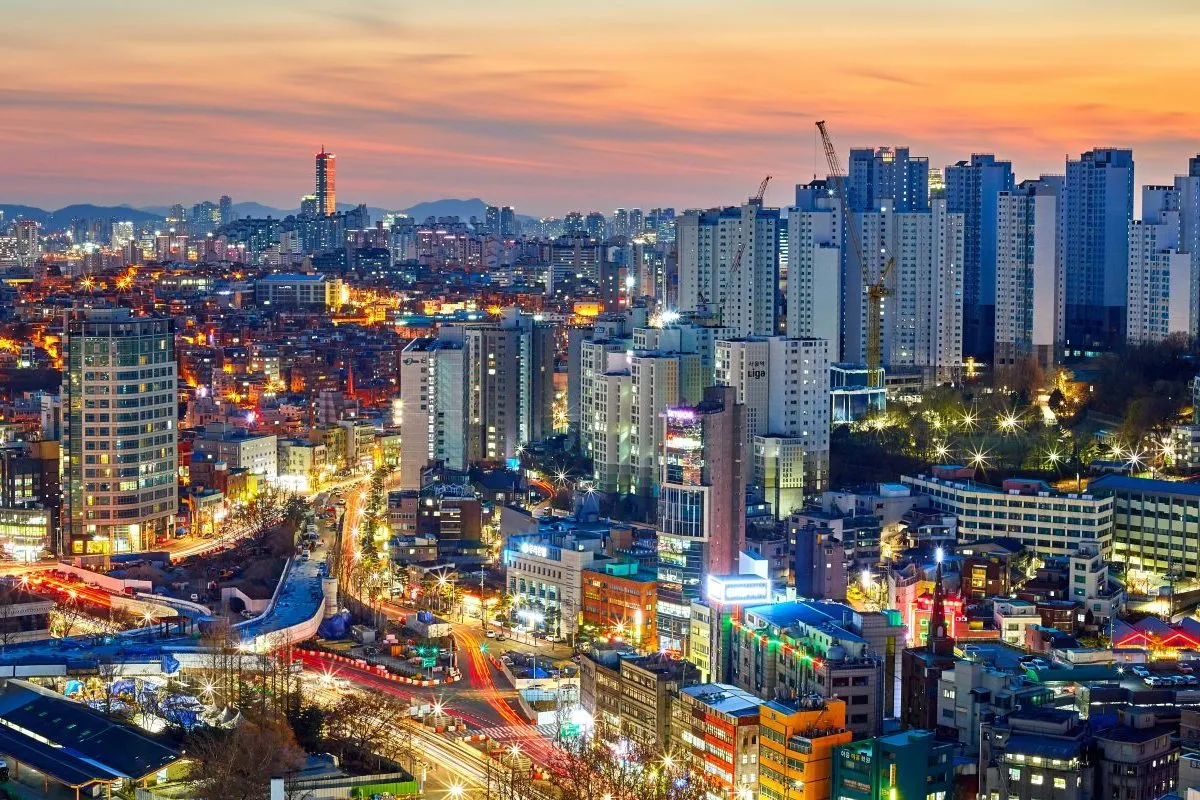Hilton’s Ambitions for a Hotel-Apartment Hybrid
Skift Take

Skift Daily Briefing Podcast
Listen to the day’s top travel stories in under four minutes every weekday.Good morning from Skift. It’s Thursday, April 27. Here’s what you need to know about the business of travel today.
Listen Now
🎧 Subscribe
Apple Podcasts | Spotify | Overcast | Google Podcasts
Episode Notes
Hilton appears prepared to launch a new apartment hotel brand, just the latest expansion into more affordable offerings. This decision comes amid significant levels of activity in both the extended-stay and long-stay hotel spaces due to a shortage in the U.S. supply, reports Senior Hospitality Editor Sean O’Neill.
Chris Nassetta, Hilton's president and CEO, told analysts that the new brand will be like a hybrid between an apartment efficiency and a hotel. He wants Hilton to build "hundreds and hundreds" of these hotels, which will have an average length of stay of probably 20 to 30 days on average.
Next, experts forecast that 2026 will bring the likely return to pre-pandemic levels of travel spending. But some markets seem to be recovering faster than others, with India, Britain, the U.S., and Australia showing particular signs of growth, writes Skift reporter Andres Buenahora.
Buenahora breaks down varying instances of recovery in different regions, citing insights from industry experts and data points from The Global Business Travel Association regarding travel spending across global markets.
Finally, some major cities are placing more value on tourism as in-person office vacancies continue to be replaced by the hybrid work model. For instance, New York is poised to benefit financially over the next decade from rising tourism even if its commercial districts are slower to recover, writes Global Tourism Reporter Dawit Habtemariam.
Habtemariam covers how the mayors of many cities are urging larger employers to establish the necessary mandates to require their employees to return to the office. As remote work continues to extend its value to companies post-pandemic, the worker spending gap appears more and more prevalent in impacting city economies. So cities may turn to their destination marketing organizations to boost tourism to compensate.




